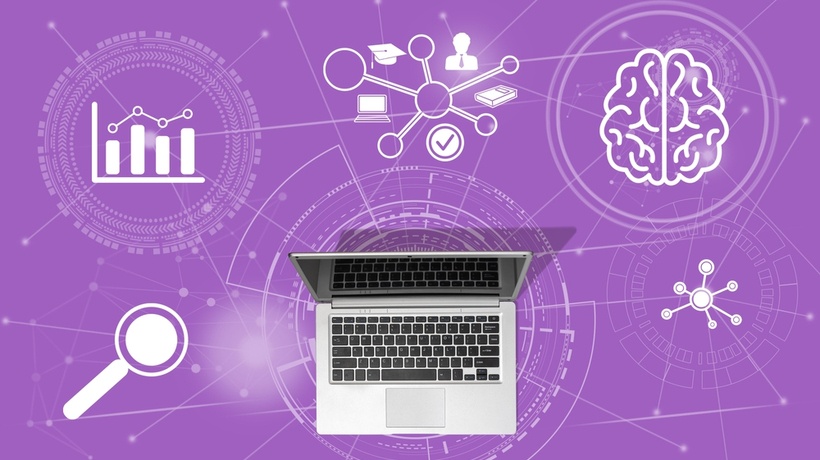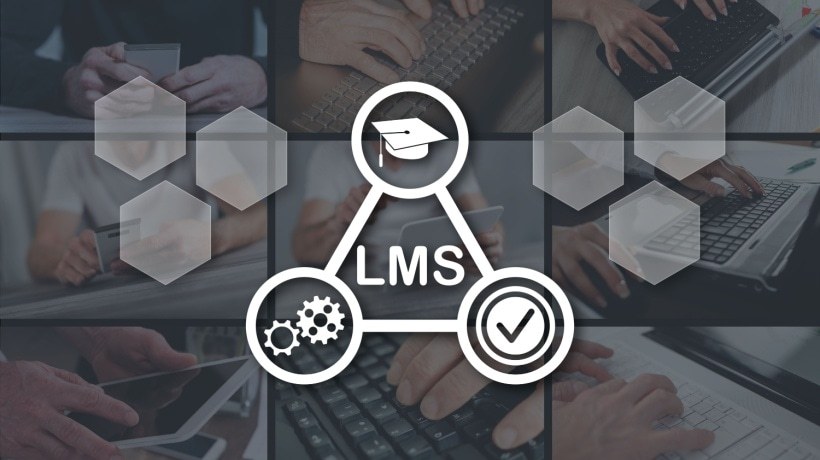What Is LMS Scalability And Why Does It Matter?
Good news: your eLearning venture is successfully growing! But can your Learning Management System (LMS) grow along with it? As your eLearning platform evolves, it will need to be able to support increased demands, such as an expanded group of users, a growing course and file catalog, and customized eLearning features. A larger and more intricate organization might also need additional user roles for administrators and instructors, improved management tools, and elevated reporting solutions.
Course creators need to invest in systems that will not only serve them in the present moment but for years to come, in order to promote advancement rather than hinder it. For this reason, scalability is one of the most important characteristics to consider when selecting a Learning Management System. In this article, we will take a look at what LMS scalability means and why it's important for your eLearning project's success.
What Is LMS Scalability?
Scalability refers to a system's ability to continue to function optimally when its size, volume, or the demands placed on it change. In other words, your LMS's scalability depends on how well your eLearning platform is able to support an increasing number of learners and courses. An LMS that meets your scalability requirements will enable you to:
- Take on additional students without sacrificing performance.
- Adapt to larger amounts of data and increasingly complex administrative needs.
- Expand your course catalog, supporting the ongoing addition of lessons, quizzes, videos, and other resources.
- Allow students to interact simultaneously on the site without overloading the system.
- Support all the functional requirements and features your students demand to provide an optimal learning experience.
Why Is LMS Scalability Important?
Change is the only certain thing in life and should be factored into any project you embark on. Your eLearning site should be no exception. It doesn't matter if you are starting with a huge audience or if you are looking to create online courses for a dozen students, chances are your needs will eventually change. Your goals, scope, audience, course catalog, and even business structure can go through many fluctuations post-launch. Adapting to these changes is no easy task but having a rigid, unscalable platform can make the process a true nightmare. More often than not, course creators don't realize the importance of scalability until the limits imposed by their LMS start to present a serious problem. At this point, it's often too late to find a simple, painless, and affordable way out.
How To Know If It Is Time To Scale?
The truth is there is no one specific moment in time when scaling must take place. Instead, systems should be able to evolve organically as you continue to work on your business. In reality, the need to scale will slowly become evident as your system starts to struggle to meet your requirements. If your site is suddenly slow, can no longer support the amount or types of content you are sharing or hinders your students' learning experience in any way, it is definitely a sign that you should look into scaling solutions.
LMS Scalability: How To Avoid Growing Pains
1. Project Growth
It can be challenging to assess future needs when your eLearning business is just getting off the ground. This is why we have to emphasize the importance of planning for the future. In many cases, industry trends, student feedback, and market changes can reshape the course your eLearning business takes in unpredictable ways. So it is always wise to leave room for the unexpected while taking into account the most likely outcomes. Even if the future of your online course website seems unclear at the moment, your Learning Management System should be able to adapt to some possible scenarios, taking into account projected growth and business goals.
2. Choose The Right LMS
The scalability of your eLearning platform is predominantly determined by the LMS it is built on. If your LMS doesn't have the capabilities to adapt to your requirements, you'll be forced to either settle for the features it is able to offer or start over from scratch using a new system. Working around the limits and restrictions of an unscalable LMS will ultimately interfere with your business's growth and hurt User Experience. At the same time, rebuilding your site with a new scalable LMS can be extremely tedious, taking up time, effort, resources, and money.
One option to consider is getting a Learning Management System custom-developed for your business or organization. However, this option does come at a high cost and might not be an option for entrepreneurs or small institutions and businesses. Nonetheless, there are plenty of open source Learning Management Systems out there that lend themselves to customization. Many of these LMS options run on WordPress, which is a highly flexible and powerful content management system with the advantage of having a large community of users and developers you can rely on for support.
Open source LMSs can be tailored either through development work or through the implementation of third-party applications, plug-ins, add-ons, extensions, and integrations. At the initial stages of your eLearning venture, it is advisable to get your project evaluated by an expert LMS consultant. An LMS consultant that specializes in building eLearning sites and has experience helping online course creators scale their businesses will provide you with invaluable recommendations when it comes to selecting the right LMS for your project.
3. Choose Your Plug-In Stack Wisely
As we just mentioned, an LMS can be enhanced and customized using pre-made third-party tools. However, you should keep in mind that your LMS could eventually grow out of these out-of-the-box solutions. If this were to occur plug-in customization might be required, or they might need to be replaced altogether. We've previously established the importance of building your online courses using scalable technology. This concept isn't exclusive to your LMS but applies to any technology used on your website, be it an application, plug-in, or integration.
The tools used to build your courses and provide functionality to your site can both facilitate or limit your site's scaling capabilities so it pays to choose them wisely. Otherwise, you might end up spending hundreds, if not thousands, of dollars having them customized or replaced. What's worse, your students' User Experience can be severely affected as this process takes place.
When in doubt, we recommended sticking to the basics. If you require specific functions to deliver your courses to your audience, getting an LMS developer to create a hand-crafted solution for your website is the best bet. When this is not an option, hiring an LMS consultant to help you determine whether you actually need additional tools and to select the most beneficial solutions for your site is the best way to save yourself from future headaches.
4. Keep Your System As Simple As Possible
Web configuration is one of those areas where less is often more. Heavy sites are not only slower to load and have more technical issues, but they are also harder to scale. Why? Because every single element of your eLearning site needs to be flexible enough to adapt to new requirements and demands. Even if most of your site is ready-to-scale, a single inflexible plug-in can make the process impossible, especially if the tool is used to add any of your online courses' essential features.
Since all parts of your website, from the theme and LMS to eCommerce and CRM solutions, have to work together to create a single integrated experience, it is vital to reduce complexity as much as possible. A simple website's "engine" is easier to improve and repair if bugs or other technical issues arise. A lightweight website is also faster, more affordable, and easier to update.
Conclusion
Whether you deliver K-12 education, corporate training, or recreational online courses, LMS scalability is vital to your business' success. A scalable system will facilitate your growth and help you continually improve your students' user and learning experience. Even if you are just getting started building your eLearning website, scalability is a factor you should always keep in mind.









